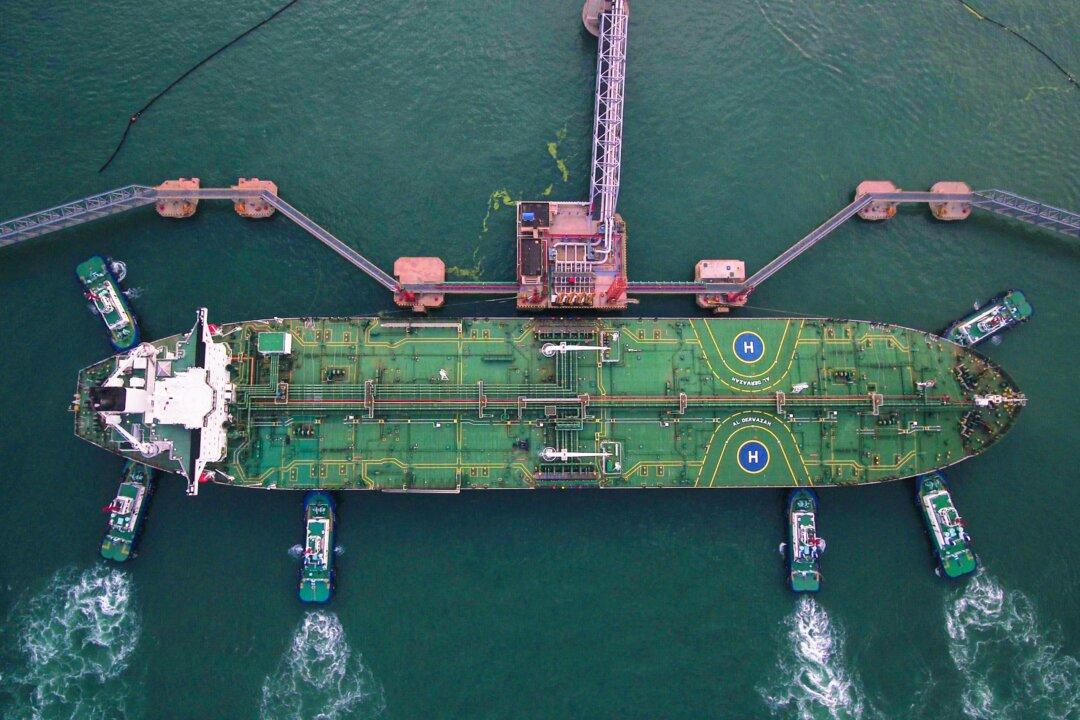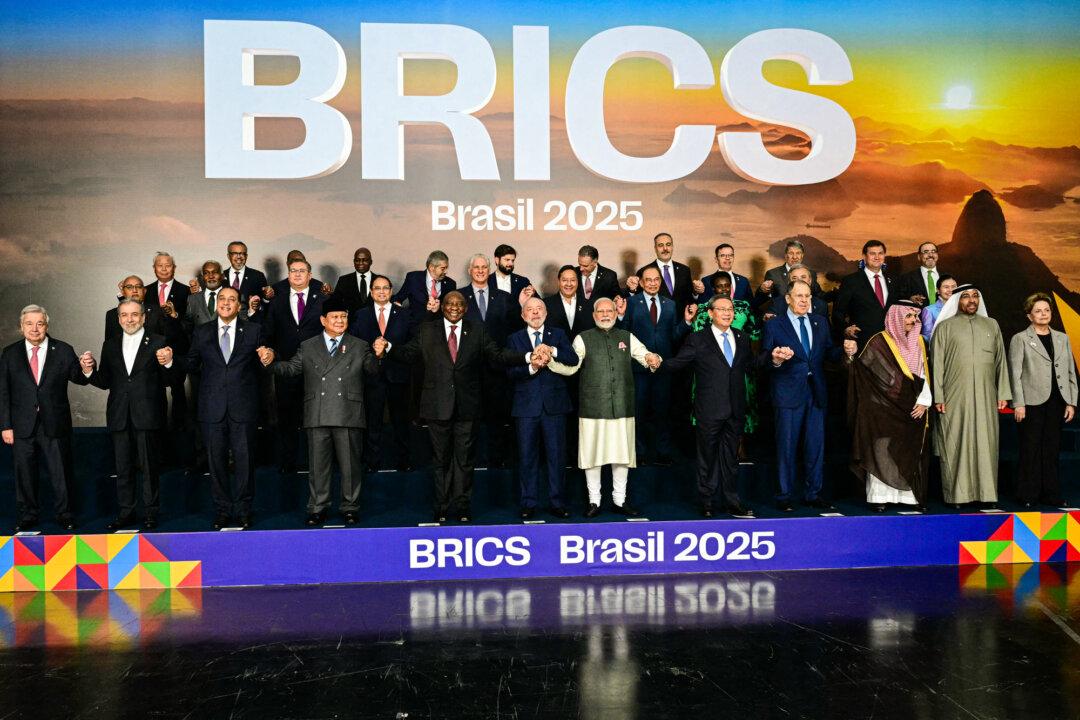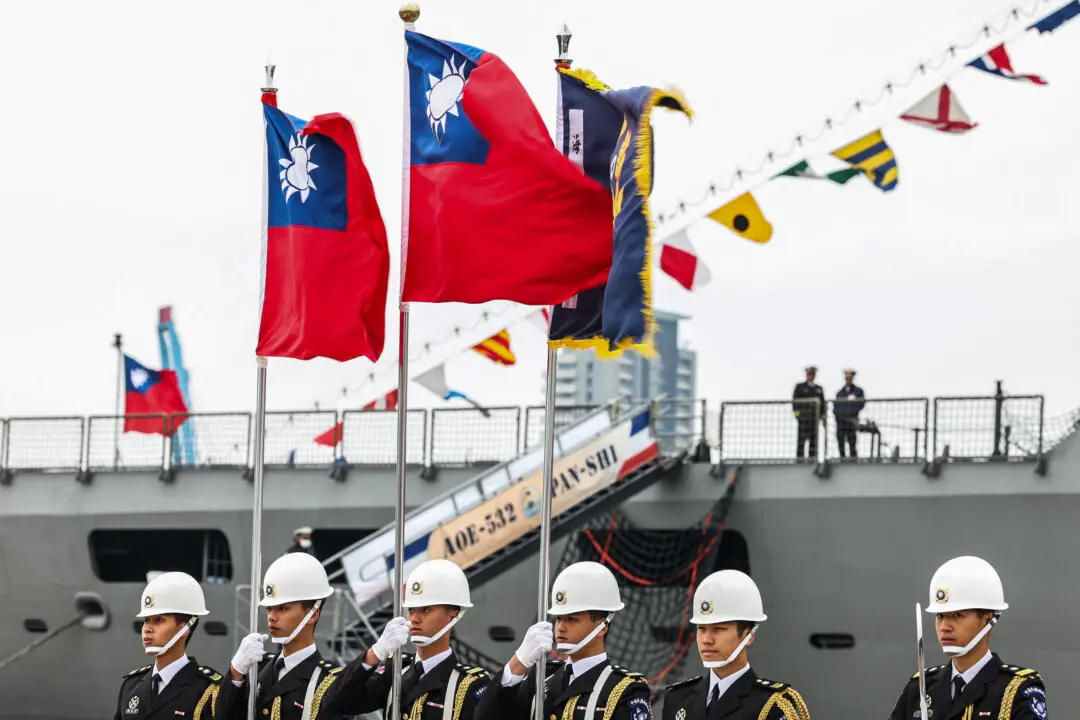The biggest threat to the Chinese Communist Party’s (CCP) isn’t the U.S. navy, North Korean nukes, or even economic recession. All of these factors pose serious challenges to the CCP rule in China, but the locus of all those problems is Taiwan.
A Real Alternative to the CCP
Domestically, every day Taiwan represents a real political and economic alternative to the ruling CCP. For decades, Taiwan has managed to grow its economy despite not having the CCP in charge. It also enjoys much greater freedoms than Mainland China.These painful and very obvious facts show the Chinese people that the CCP’s claim that its leadership is the sole path for Chinese economic development is a fraud. That’s why the very existence of the “renegade province” is such a threat to China’s communist leadership.





